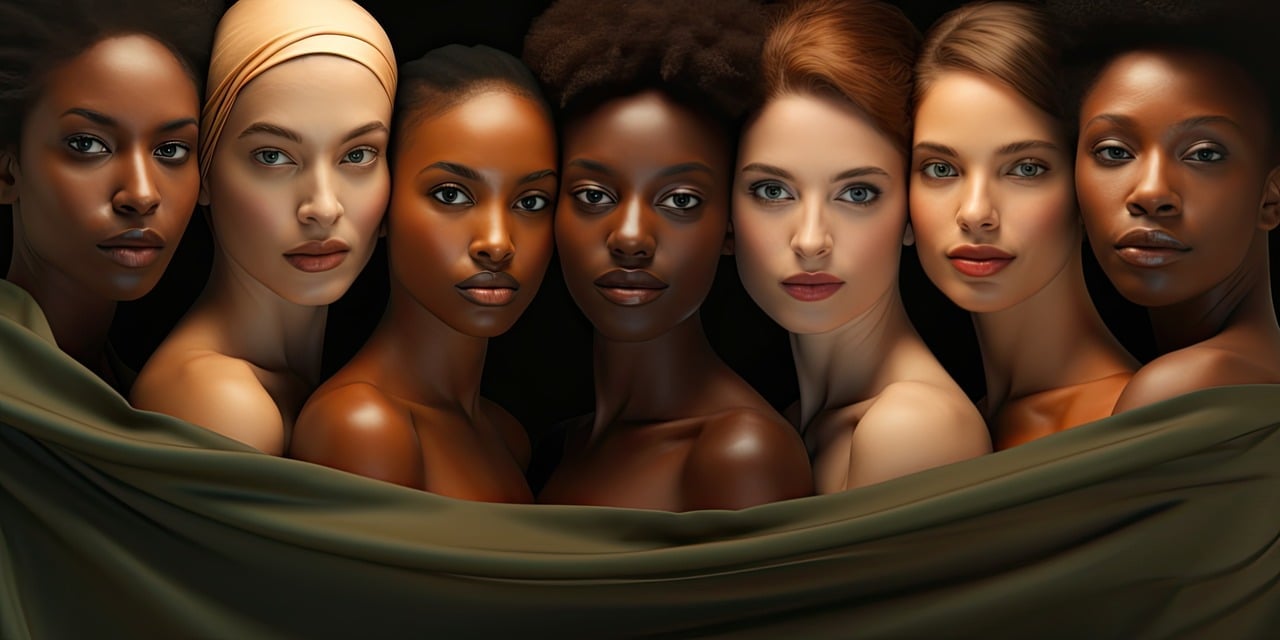In this year 2024, which includes electoral consultations in various states around the world, the national elections in South Africa of May 29 played an important role. Thirty years have passed since, in 1994,African National Congress (ANC)party led by Nelson Mandela, won the country's first free elections, thus ending the policy ofaside. Since then, the democratic system, which gives citizens the freedom to vote regardless of the color of their skin, has remained strong, especially in comparison with the rest of the unstable African continent.
Furthermore, today, a good number of voters belong to born free generation, the “born free” generation after Mandela’s accession to the presidency. Based on results L'ANCfor the first time in the history of South Africa, did not obtain an absolute majority of seatsand it will therefore be necessary to opt for a coalition government.
You too can rediscover the pleasure of staying informed!
Your support helps protect our independence so that we can continue to produce quality journalism that is open to all.
Support us
South Africa between Mandela's dream and confrontation with reality
Looking at South Africa today, it is quite impressive to think that until thirty years ago the country was firmly in the hands of white ethnic groups, the only ones allowed to vote. A situation which therefore remained unchanged throughout almost the entire 20th century. After a difficult and gradual process of opening up to indigenous ethnic groups, the first general elections took place in 1994. free and fair “free and just”, which saw the triumph ofANC. The party was then led by Nelson Mandela, became the first black president of South Africa and has managed to maintain its electoral supremacy, de facto, until the present day.
However, although it is the party that embodies the fight against racial segregation, L'ANCover the years, has also had to deal with the complex problems of South African society. They are, mostlycorruption, widespread crime and increasing unemployment rates: all challenges thatANCUnfortunately, he was not always able to recover.
New generations can change South Africa's politics
The South African electoral system provides for the election of 400 deputies who make up the National Assembly. It will then be this body which will elect the next president of the country (the outgoing one is Cyril Ramaphosa). Based on the results provided by the first counts, L'ANCfor the first time in the history of South Africa, did not obtain an absolute majority of seats. At this point, it is likely that Mandela's former party will now form a coalition government, which is unprecedented for democratic South Africa.
Furthermore, as has already happened in other states, the South African elections also had the younger generations as protagonists. A considerable percentage of voters are made up of people aged 18 to 39: that is to say, people who, at the time of voting,aside they were children or not even born. All this could happen in the near future open new scenarios, also favoring South African opposition parties and renewing their political landscape.
The fruitful relationship between South Africa and the European Union
As the European elections approach, it is worth remembering the relationship between South Africa and the EU. The European Union is in fact today the largest trading partner of African states.although the latter is a member of BRICS+, the consortium of emerging global economies. Furthermore, it is necessary to underline Europe's growing interest in South African artists, as evidenced by the presence of pavilions dedicated to them during the last Venice Biennales and at the Salone del Mobile in Milan.
For this reason, as in the case of long votes in India also South African consultations remind us of the value of democracy and how it can never be taken for granted. If the people of South Africa can now peacefully question the actions of those who govern them, it is only thanks to their decades-long struggle for the extension of civil rights.

